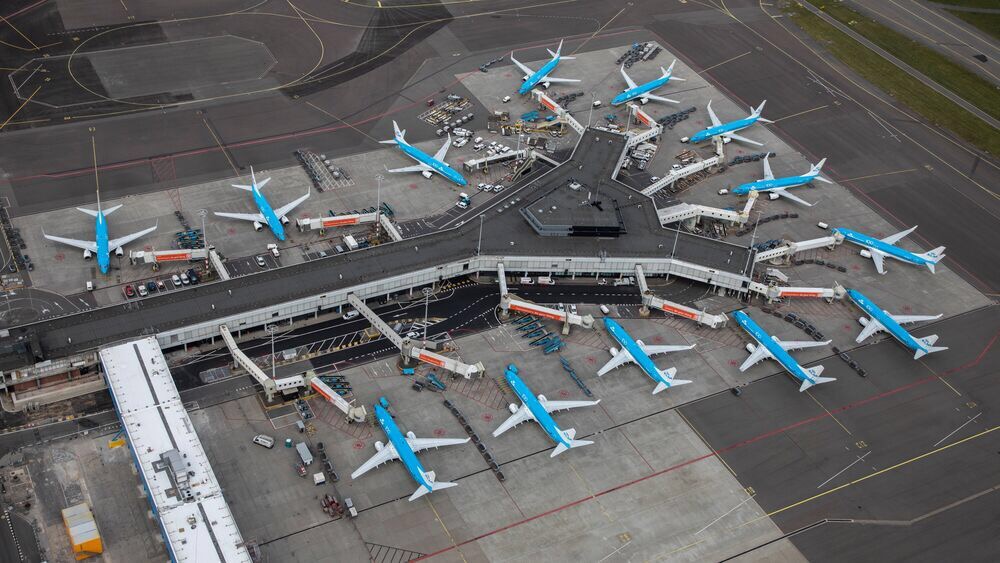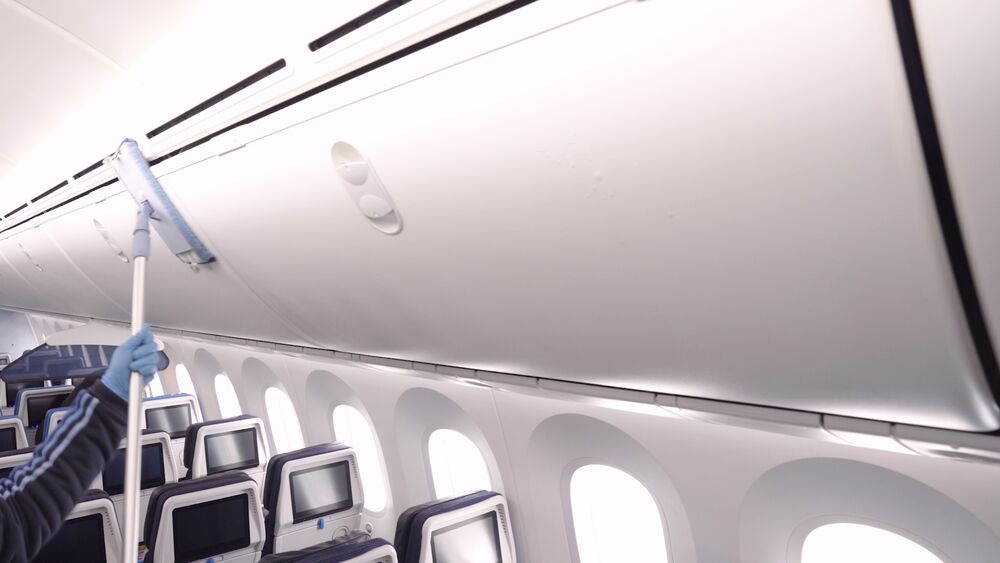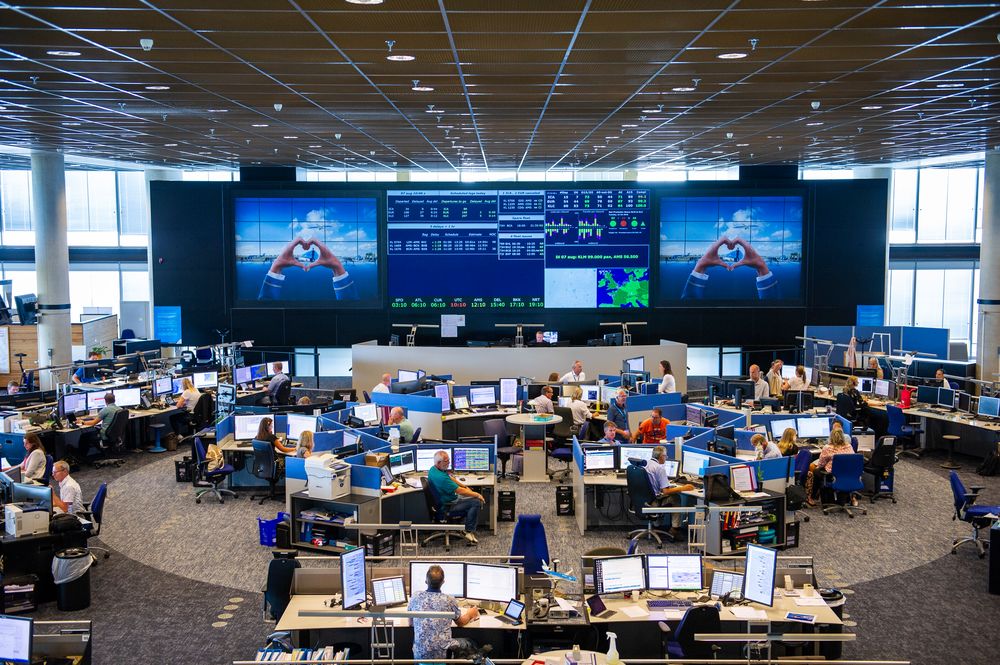Airlines today face additional challenges
The airline industry has been hit hard by the COVID-19 crisis, with many airlines forced to ground almost all or even all of their fleet.
Airlines have now started ramping their operations back up, trying to fly as much of their network as possible but still maintaining a tight focus on profitability. All while facing an extremely complex landscape—with wildly fluctuating demand and ever-changing operational restrictions. Ramping up is proving to be even more challenging and dynamic than ramping down.
Network redesign now has to be done weekly or sometimes daily, with the time between developing and implementing reduced to days or weeks instead of months. Fleet, crew, and ground resources must be rebalanced within days, while decisions on the Day of Operations must be taken much more frequently and rapidly.
KLM has risen to the challenge
KLM, turning 100 as the world’s oldest airline in 2019, was able to leverage its digital journey and transformation to make sure it can face the challenge and come out stronger—using artificial intelligence and advanced analytics to coordinate decision-making, involving fleet and ground operation, maintenance, crew, and passenger needs for every flight, every day.

Increasing value delivered by the existing product suite
These unprecedented challenges brought in a number of additional use cases for the airline to solve. Leveraging capabilities built over the last few years, KLM was able to quickly adjust to the new reality and adapt the existing simulation and optimization tool suite to answer the changing needs of the airline.
The stochastic optimization models can typically recommend decisions in uncertain environments, giving the ability to re-simulate, re-optimize and balance aircraft, network and resources planning. The usage and value delivered by the tools since the onset of COVID-19 significantly exceeds the value delivered by the tool suite in 2019; demonstrating the value of the digital transformation and the capabilities built over the last few years.

“Within the KLM group, we were able to deliver a network schedule optimized for margin. With our simulation and optimization tools, we were able to simulate a wide range of scenarios to help us constantly redesign the network in the fastest way possible. Balancing demand expectations and operational feasibility -including airport station status (open/closed) and aircraft availability (park/unpark)—we significantly optimized the schedule for profit.”
KLM Group
“We were able to use ALIGN—our simulation and ground resource planning tool—to quickly determine the optimal amount of airport concourses and gates to keep open in collaboration with Schiphol airport.”
Ground Planning


“ALIGN helped us simulate the impact of increased minimum ground times due to COVID procedures for passengers and find the right balance between operational performance and how many aircraft to unpark to maximize profitability.”
Network Scheduling
“Within weeks, our tail allocation tool Pathfinder was repurposed and adapted for optimized fleet type allocation based on latest demand, operational constraints, and cost.”
Operations Control Center (OCC)
